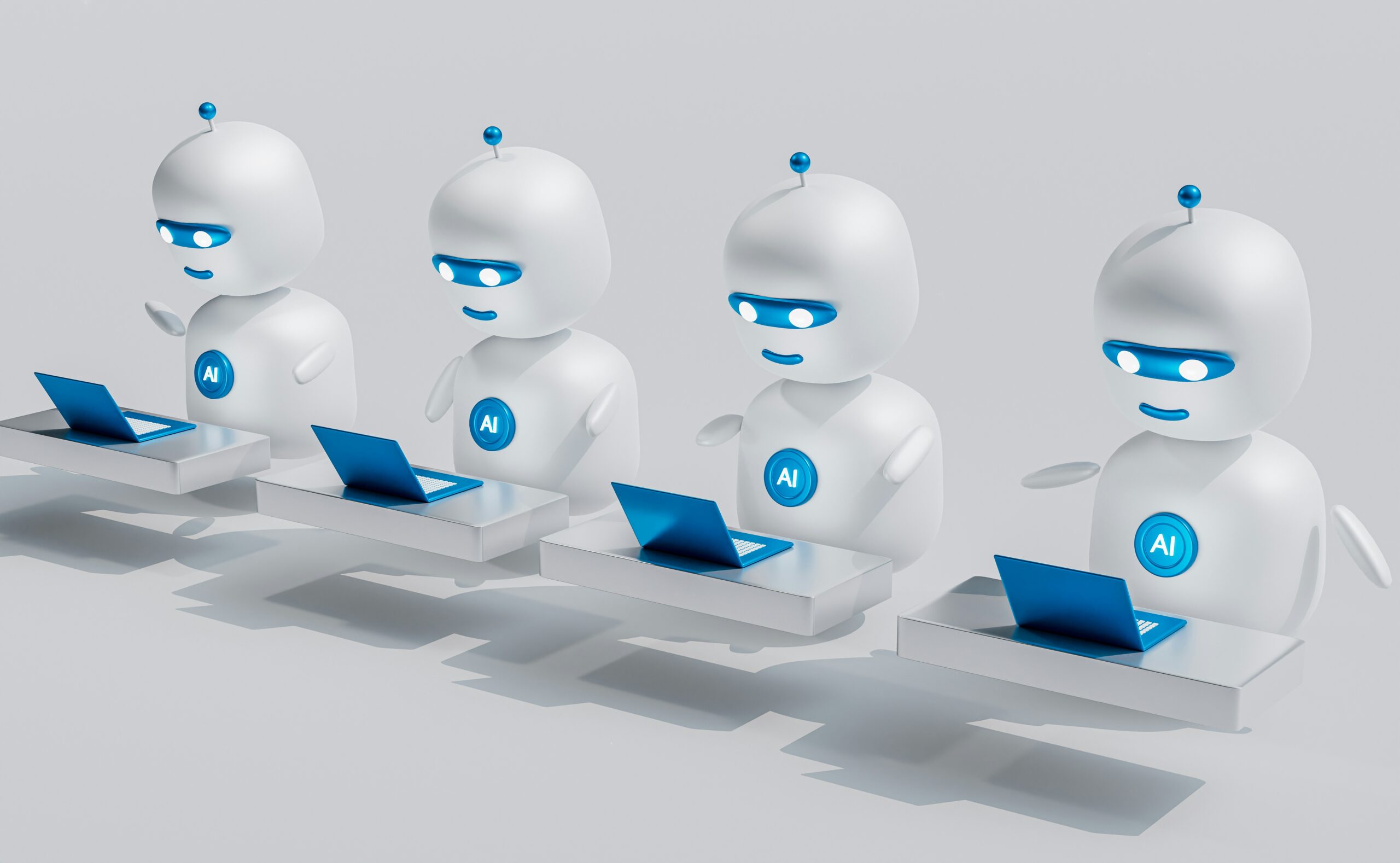The Future of Work: The Rise of Artificial Intelligence and the Transformation of Employment
By Rohan Kapoor |

Artificial intelligence (AI) is profoundly reshaping the job market, sparking debates about how it will redefine the future of employment. On one hand, there are fears of traditional careers being replaced by automation; on the other, experts see AI as a tool to boost productivity, unlock new opportunities, and reimagine how we work.
Projections suggest that by 2025, many full-time jobs may shift to more flexible formats, such as freelancing and temporary contracts. But what does this really mean for companies, workers, and the balance between work and personal life?
AI in the Workplace: A Changing Landscape
In recent years, AI’s evolution has been compared to the “wild west,” an uncharted territory where innovation and apprehension coexist. Initially viewed as a direct threat to jobs, AI is increasingly being seen as a strategic ally for efficiency and growth.
Jae Gardner, Chief Operating Officer of Redrob, believes AI should not be feared but embraced as a strategic partner. “It can expand a company’s workforce, especially on a global scale, offering more flexibility and reach for organizations,” he explains.
However, Andy Bradshaw, CEO of SHL, warns that implementing AI requires more than just technical skills. According to him, companies must foster a culture of curiosity and continuous learning. “Success in adopting AI will depend on the ability to balance experimentation with an open mindset toward change,” he asserts.
The Gig Economy and the New Work Dynamic
With the rise of AI, a significant shift toward the so-called gig economy—dominated by freelancers and temporary workers—is expected. Gardner believes this trend will grow due to the demand for specialized skills and project-based work.
This shift brings benefits, such as increased flexibility for both companies and workers, but also raises concerns about labor rights and financial security. Marais Bester, an SHL consultant, emphasizes this point: “Workforces will become smaller and more agile, necessitating new regulations to protect the rights of temporary workers.”
Moreover, the flexibility of the gig economy can benefit both employers and workers by providing quick access to highly skilled talent without the need for long-term commitments.
Recruitment and Selection: AI in Talent Acquisition
One of the fastest-adapting areas to AI is recruitment. Approximately 70% of companies plan to use AI-based tools for candidate evaluations. While there are concerns about fairness and result manipulation, many leaders believe these technologies can enhance efficiency and personalization.
Sara Gutierrez, SHL’s Chief Scientific Officer, highlights how AI-powered digital interviews are transforming candidate experiences. “These tools provide more detailed and personalized feedback, improving the candidate’s journey throughout the selection process,” she explains.
Felix Kim, CEO of Redrob, predicts that the use of AI in recruitment will be one of the most discussed topics in 2025. He notes that digital platforms already dominate various sectors and that the next step will be refining the use of technology to identify talent with greater precision.
Regulation and Ethics: A Necessary Challenge
While AI offers many opportunities, its unregulated implementation poses ethical risks. Marais Bester stresses that ensuring responsible use of AI is essential to protect data and individual privacy.
“Technological advancement cannot surpass ethics. Regulations must keep pace with AI development to prevent abuse and societal harm,” warns Bester.
Additionally, trust in AI will depend on how organizations communicate and apply these tools. Transparency and accountability will be critical to ensure that workers and companies reap the benefits of technology without compromising fundamental values.
Skills for the Future: Technical and Behavioral
As AI reshapes the job market, technical skills related to this technology are becoming increasingly valuable. However, technical expertise alone is not enough: behavioral skills such as adaptability, creativity, and problem-solving will also be crucial.
Andy Bradshaw notes that, beyond mastering AI tools, future workers must be resilient and willing to learn continuously. “Employers will seek professionals who can balance technological proficiency with interpersonal skills,” he says.
The Evolving Role of Leaders
While AI brings significant changes, business leaders will play a critical role in integrating this technology productively and ethically. “Leaders must guide their teams to use AI as a resource that broadens possibilities, not as a threat,” Bradshaw concludes.
The future of work is being shaped by artificial intelligence, and it is up to all of us—employers, workers, and society—to adapt our mindset and skills to thrive in this new era.
Rohan Kapoor




